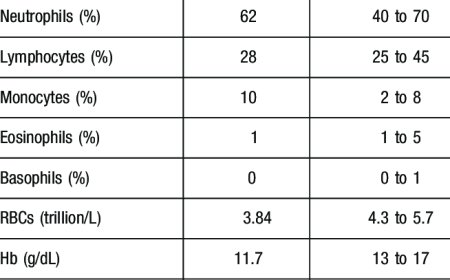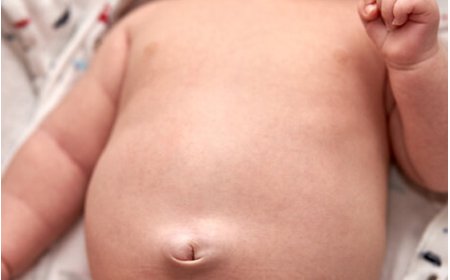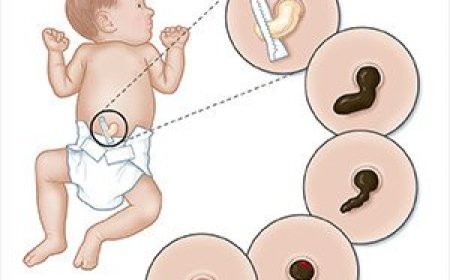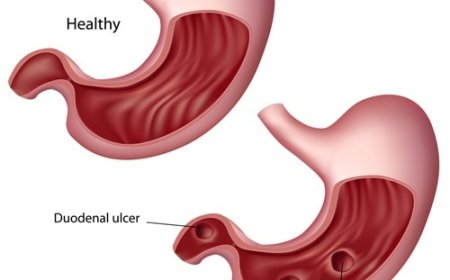Emphysema
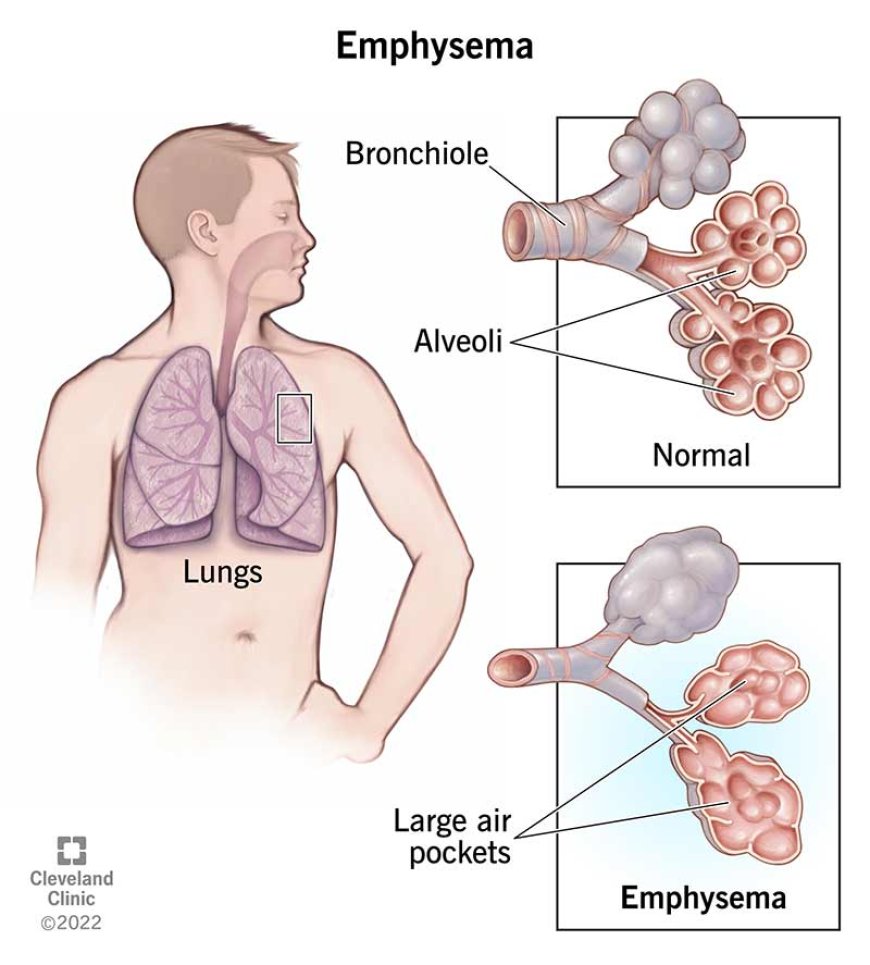
Introduction :
In this article, we'll learn about Emphysema, a lung condition that can affect some grown-ups in India. We'll discuss what Emphysema is, its classification, causes, risk factors, types, diagnostic tests, treatments, complications, and prevention techniques, all explained in simple language for our 10-year-old readers.
Sign and Symptoms:
Emphysema can be like a tiny whisper, affecting our breathing quietly. Some common signs and symptoms of Emphysema include:
- Shortness of breath, like feeling tired after simple activities like walking or climbing stairs.
- Coughing, like having a persistent cough that doesn't go away easily.
- Wheezing, like hearing a whistling sound while breathing.
What is Emphysema? :
Emphysema is a lung problem that makes it difficult for some grown-ups to breathe properly. It's like having tiny balloons inside the lungs that become damaged, making it hard to take in enough air.
How Is Emphysema Classified? :
Emphysema is classified based on its severity and location in the lungs. For example, it could be Mild Emphysema, where the lung damage is not severe, or it could be Advanced Emphysema, where the damage is more extensive.
Causes and Triggers:
Emphysema can happen for various reasons, and sometimes it's linked to certain habits. Some common causes include:
- Smoking: Grown-ups who smoke cigarettes are more likely to develop Emphysema.
- Air Pollution: In some places in India, the air can have pollution, which can also contribute to lung problems.
Risk Factors with Examples:
Certain factors can increase the chances of developing Emphysema. For example:
- Family History: If someone's parents or grandparents had Emphysema, they might have a higher risk too.
- Working with Harmful Substances: Some grown-ups who work in industries with harmful chemicals or dust can be at risk.
Types of Emphysema with Detailing for Each Type:
- Centrilobular Emphysema: This type of Emphysema affects the central part of the lung's tiny air sacs.
- Panlobular Emphysema: This type of Emphysema affects the entire lung and causes more severe breathing problems.
Diagnostic Tests and Their Use:
To diagnose Emphysema, doctors may use special tools to check how well the lungs are working. Some common tests include:
- Pulmonary Function Test: This test measures how well the lungs can hold and release air.
- Chest X-ray: This is like taking a picture of the lungs to see if there are any problems.
Treatments:
Treating Emphysema aims to help grown-ups breathe better and feel more comfortable. Some common treatments are:
- Inhalers: Doctors may prescribe special inhalers that can help open up the airways and make breathing easier.
- Oxygen Therapy: Some grown-ups may need to use oxygen machines to get enough air.
Complications of Emphysema:
If Emphysema is not managed well, it can lead to more severe breathing problems and affect daily activities.
Prevention Techniques:
Preventing Emphysema is essential, and some techniques can help keep our lungs healthy. For example:
- Avoiding smoking and staying away from second-hand smoke can protect our lungs.
- Avoiding polluted areas and wearing a mask when needed can also help keep our lungs safe.
Remember, just like how we take care of our favorite toys and keep them clean, taking care of our bodies and lungs is essential too! If anyone experiences any breathing problems or notices any unusual changes, it's essential to tell a grown-up and seek medical help for proper evaluation and guidance. With curiosity and healthy habits, we can embrace every joyful moment in India's beautiful world, taking deep breaths and feeling our best!
What's Your Reaction?
 Like
0
Like
0
 Dislike
0
Dislike
0
 Love
0
Love
0
 Funny
0
Funny
0
 Angry
0
Angry
0
 Sad
0
Sad
0
 Wow
0
Wow
0



























































